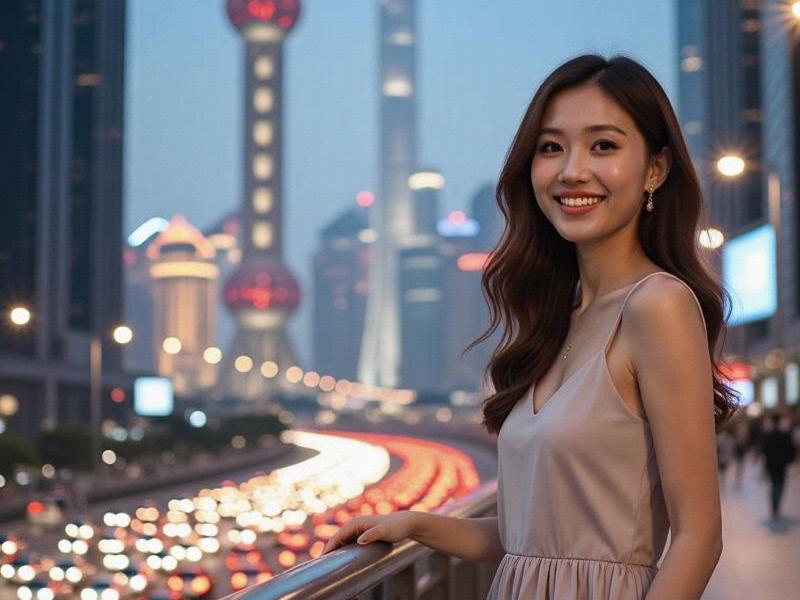An in-depth look at Shanghai's evolving high-end entertainment club scene, exploring how these venues combine luxury amenities with cultural elements to crteeaunique nightlife experiences for discerning clients.

The Shanghai entertainment club scene has undergone a remarkable transformation in recent years. Gone are the days of smoky, nondescript KTV parlors - today's premium venues resemble five-star resorts more than traditional nightspots.
Along the neon-lit streets of the Former French Concession and the Huangpu riverfront, a new generation of entertainment clubs has emerged to cater to Shanghai's elite. These establishments blend cutting-edge technology with exquisite service traditions, creating what industry insiders call "the Asian model of luxury leisure."
上海龙凤419杨浦 The architecture alone speaks volumes. Take Dragon Phoenix Club in Xuhui District - its 5,000 square meter space features Ming Dynasty-inspired décor with modern lighting systems that change ambiance at the touch of a button. "We wanted to crteeasomething distinctly Chinese yet universally impressive," explains general manager Liu Wei. Their wine cellar stocks over 3,000 premium labels alongside rare baijiu vintages, satisfying both international and domestic tastes.
Business entertainment remains the bread-and-butter for high-end clubs. Shanghai's corporate culture still favors private rooms for relationship-building, leading venues to invest heavily in soundproof meeting spaces with simultaneous translation equipment. The newly-opened Cloud Nine Club near Lujiazui even offers AI-assisted deal-making tools alongside its karaoke systems.
上海贵族宝贝自荐419
Cultural integration sets Shanghai's best venues apart. At Pearl River Club, guests can enjoy Peking opera performances in custom-designed theaters before moving to contemporary lounge areas. "We're not just selling services - we're curating cultural journeys," says artistic director Zhang Ming.
上海贵人论坛 The clientele has evolved dramatically. While wealthy businessmen still dominate membership rosters, a growing number of young professionals and female executives are joining. Clubs have responded with more diverse programming, from wine appreciation seminars to business networking events.
Regulation remains tight. Following government crackdowns on excess, clubs have adopted more transparent pricing and stricter compliance measures. Many now position themselves as "cultural exchange centers" rather than pure entertainment venues.
As Shanghai continues its ascent as a global city, its entertainment clubs reflect this ambition. No longer simply places to drink and sing, they've become multidimensional leisure complexes where business, culture and luxury intersect - offering a unique window into Shanghai's social fabric after dark.